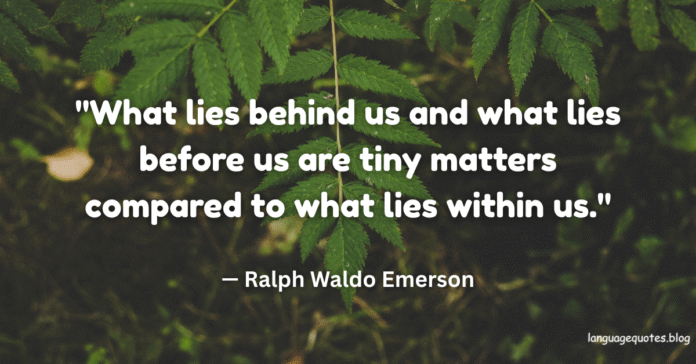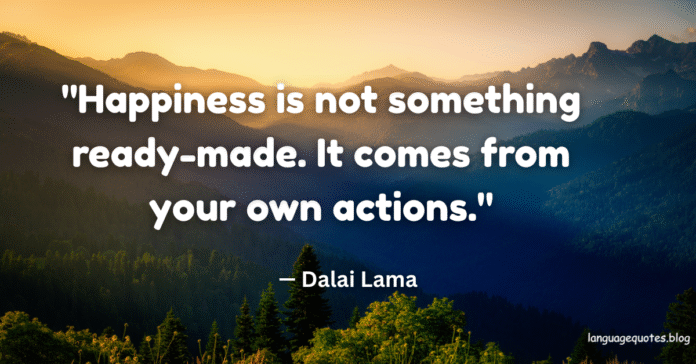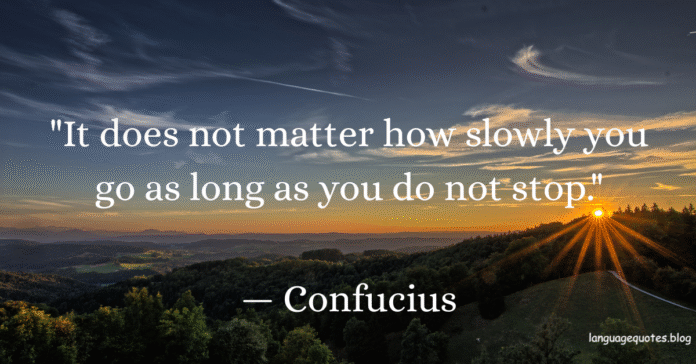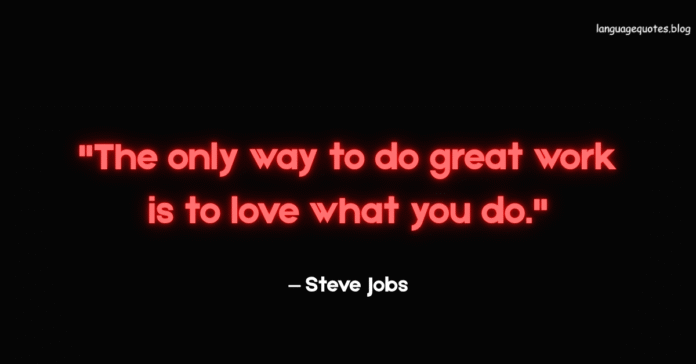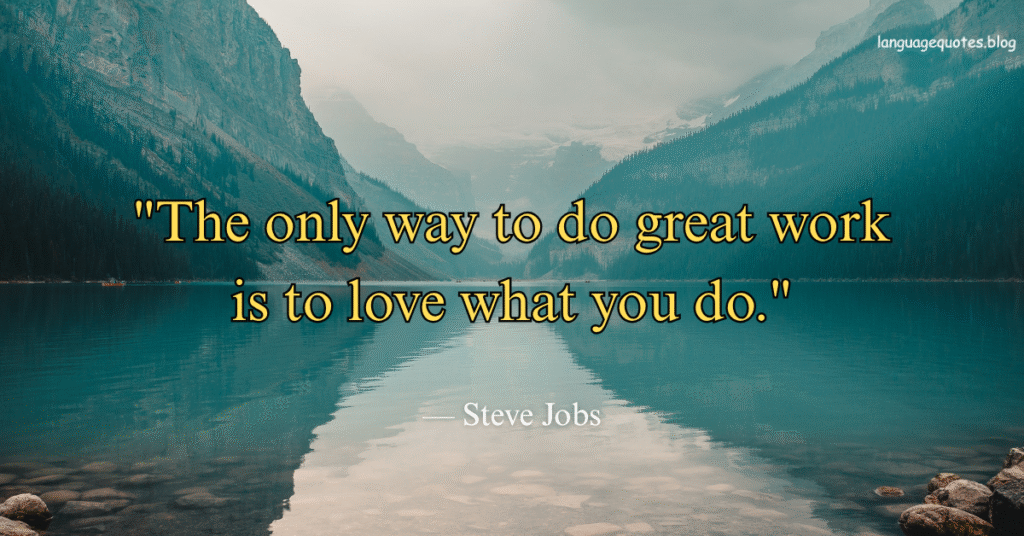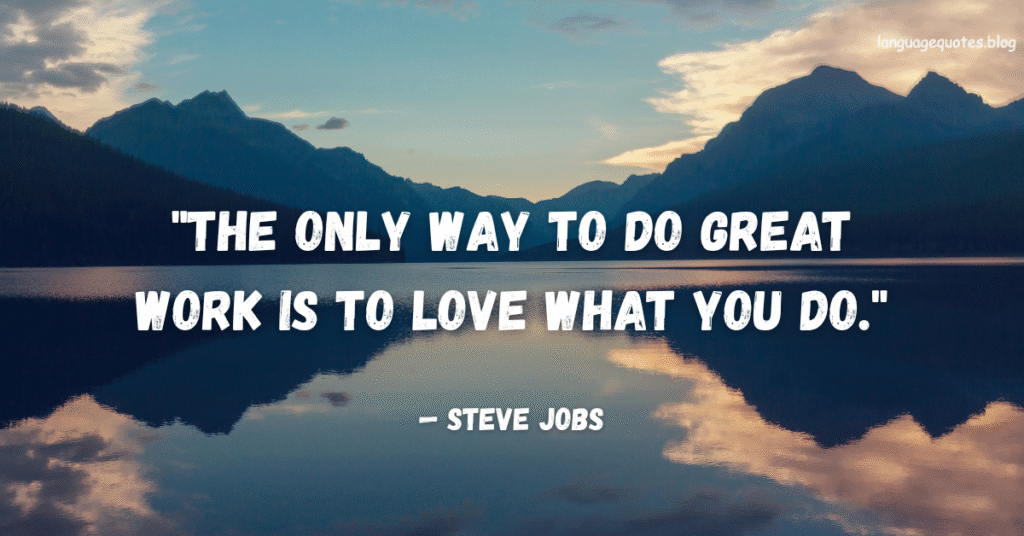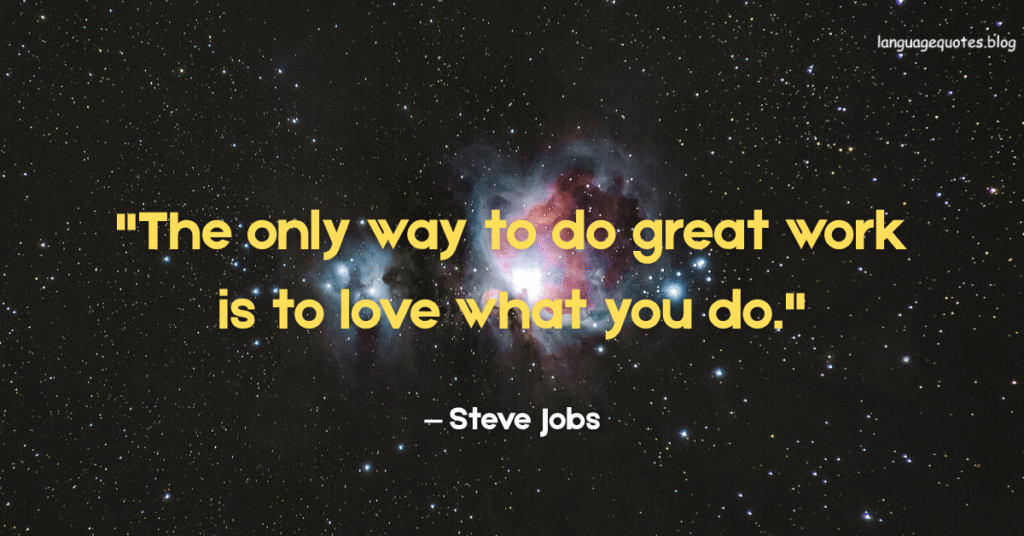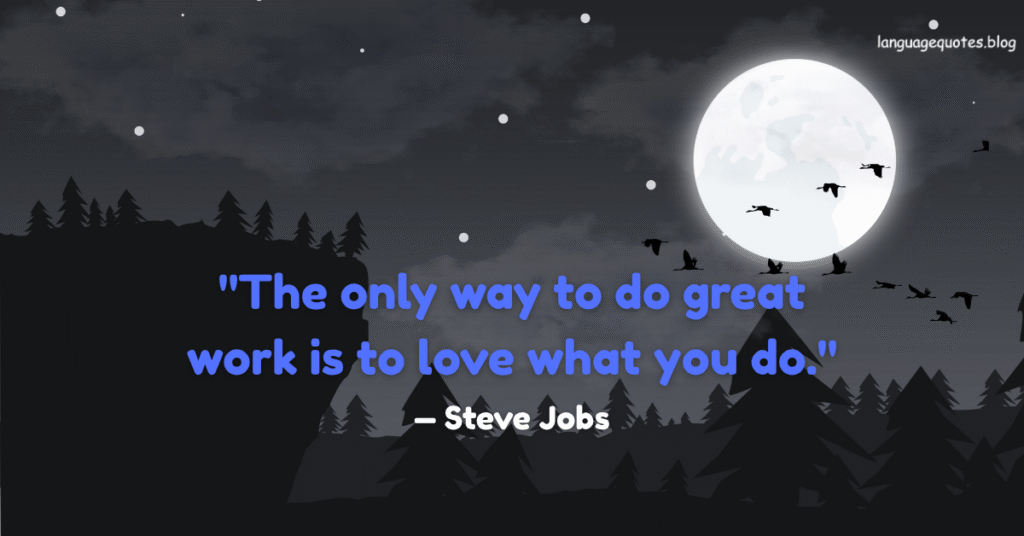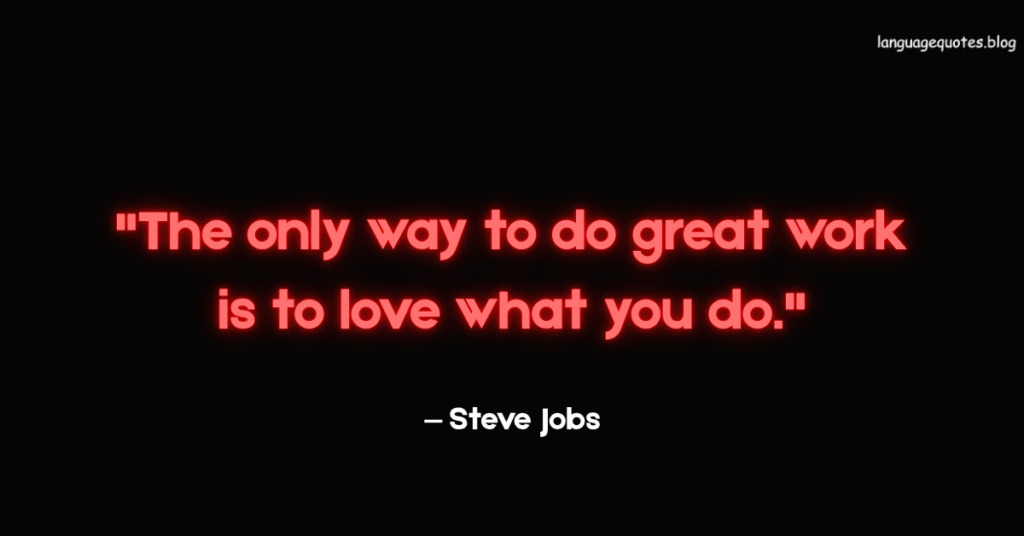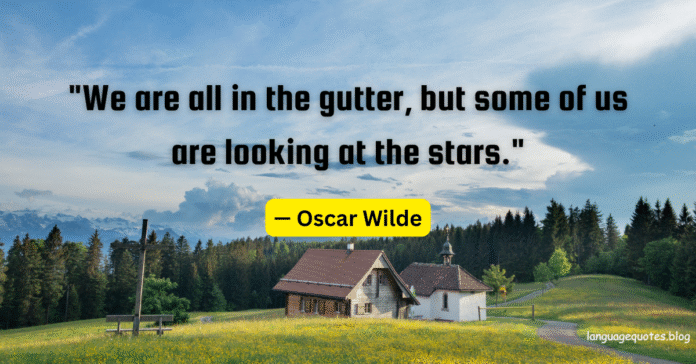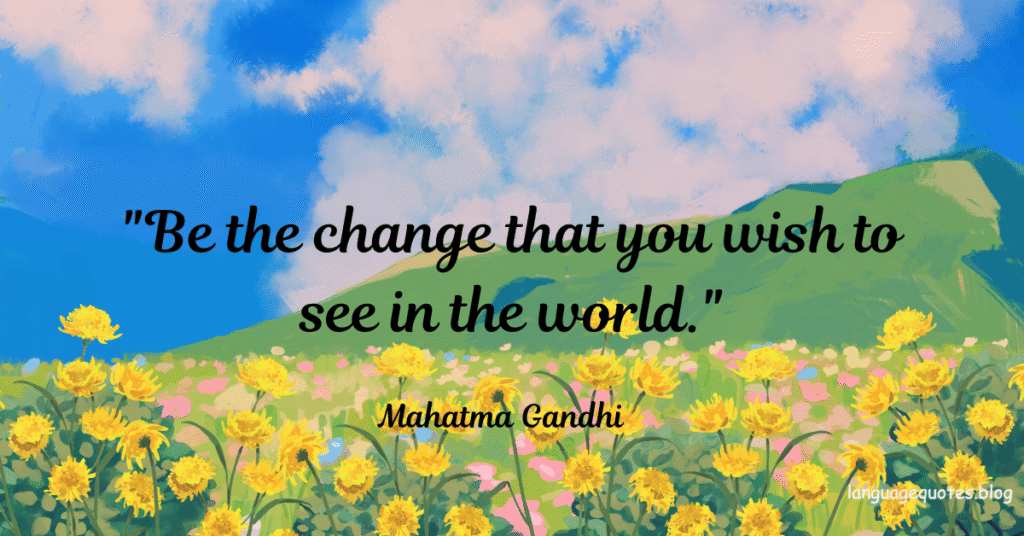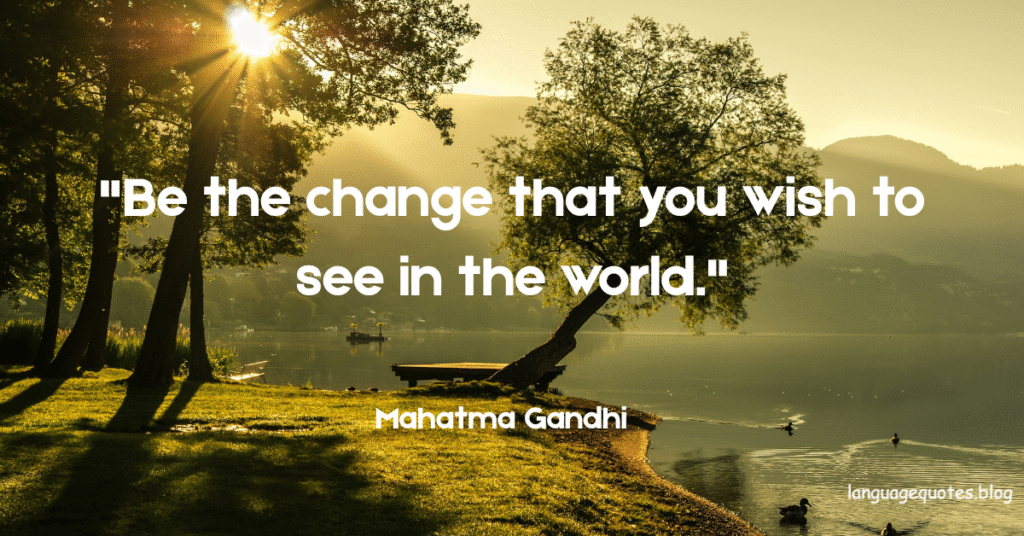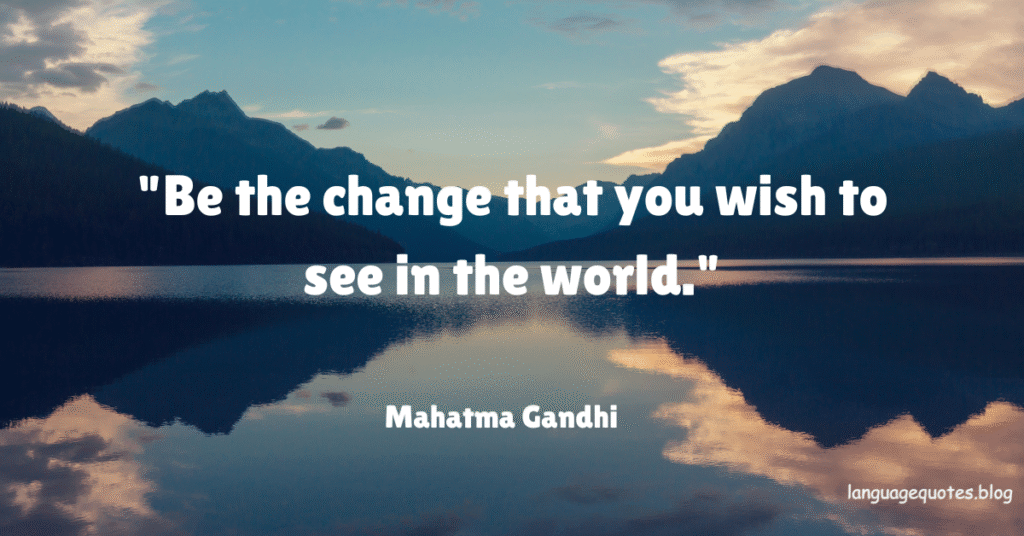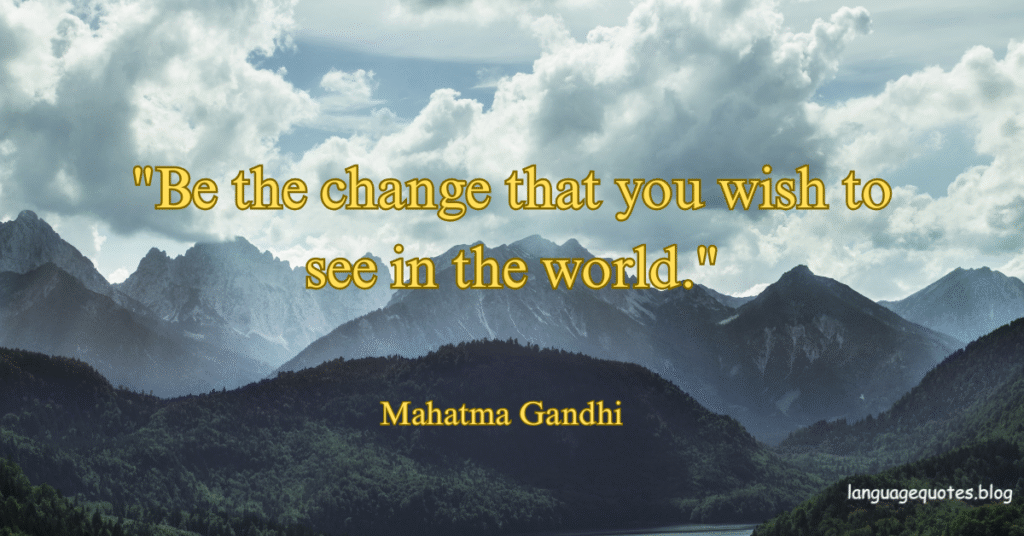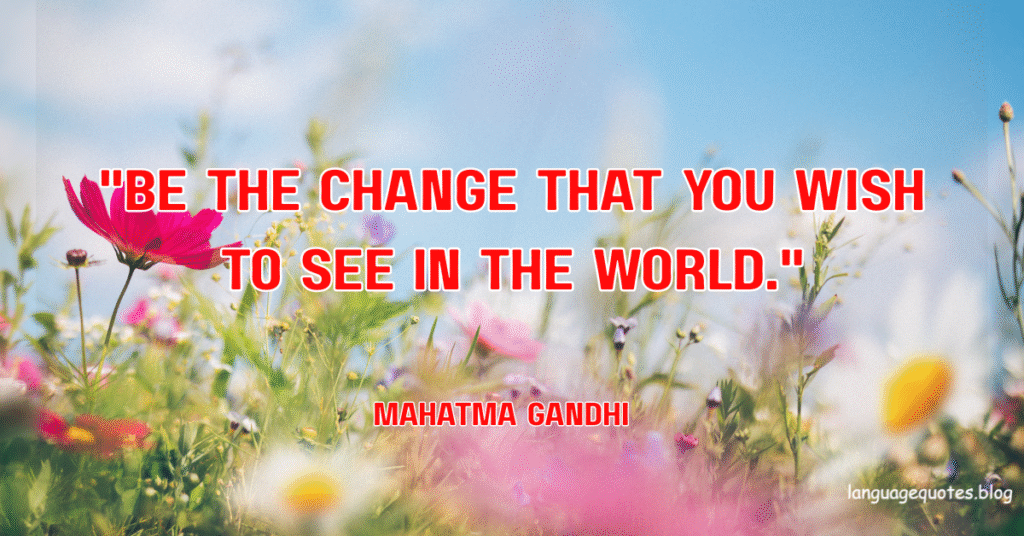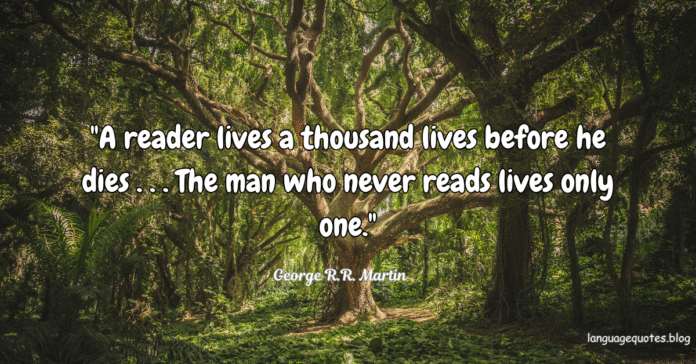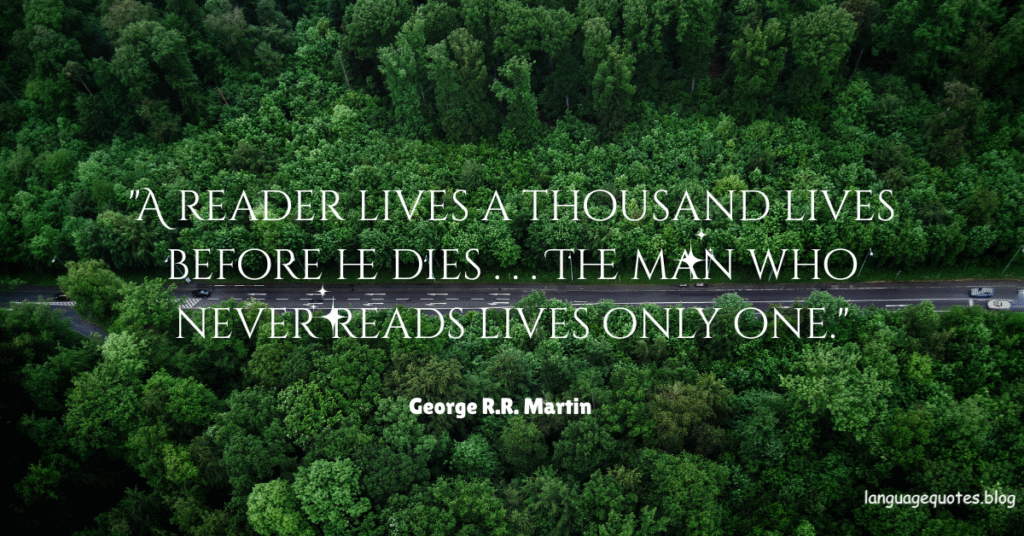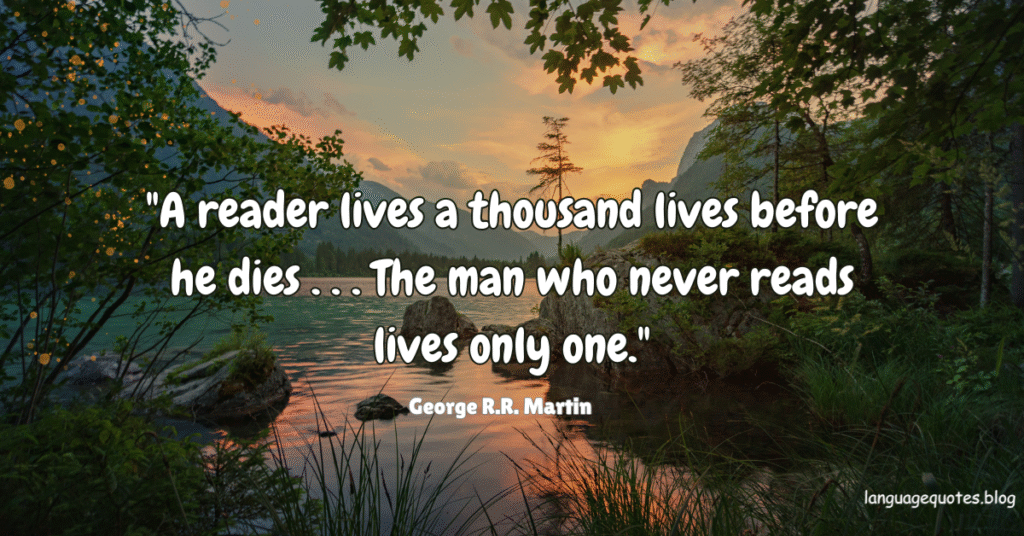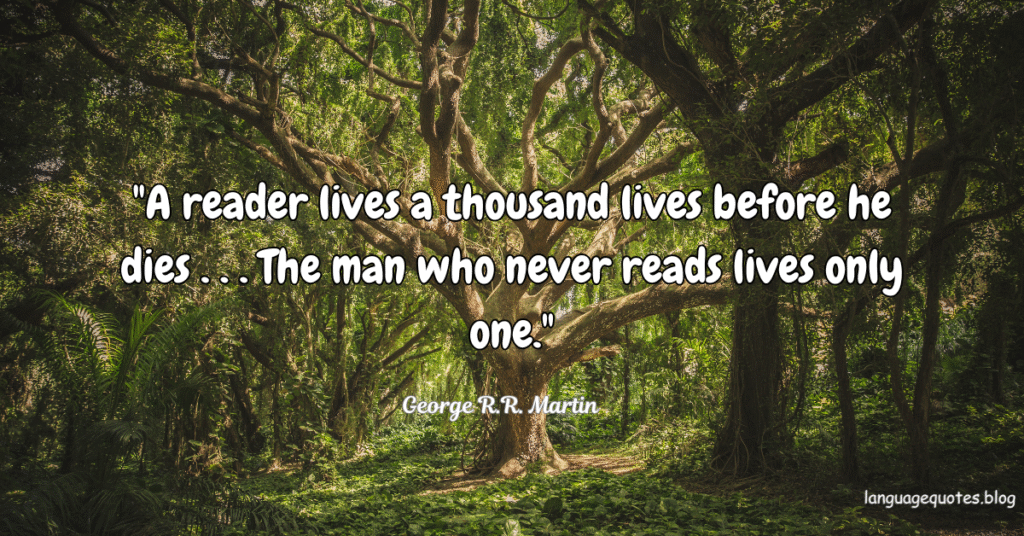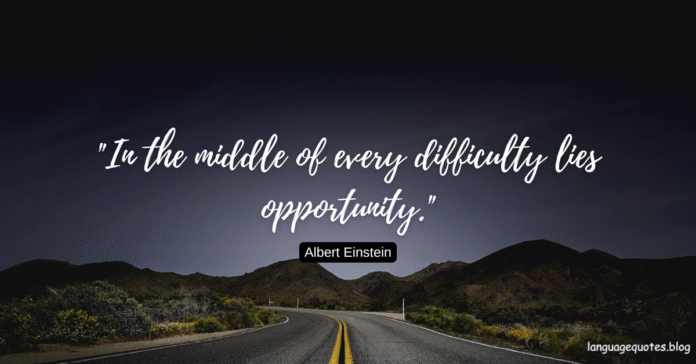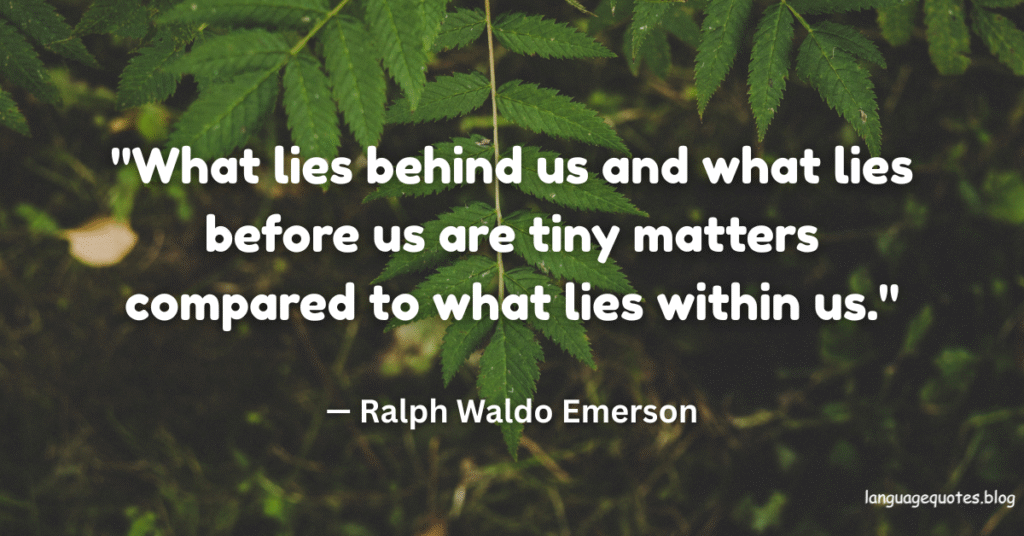
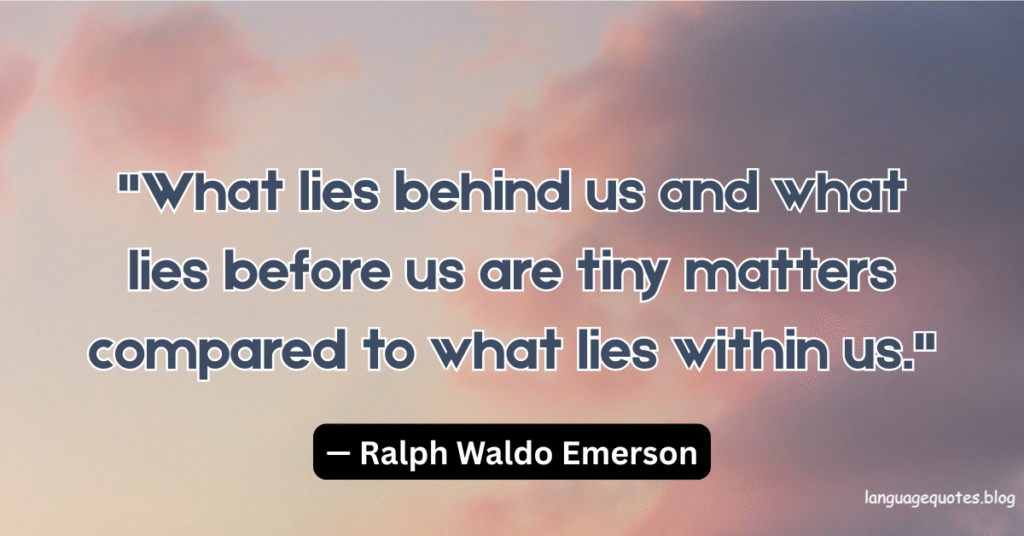
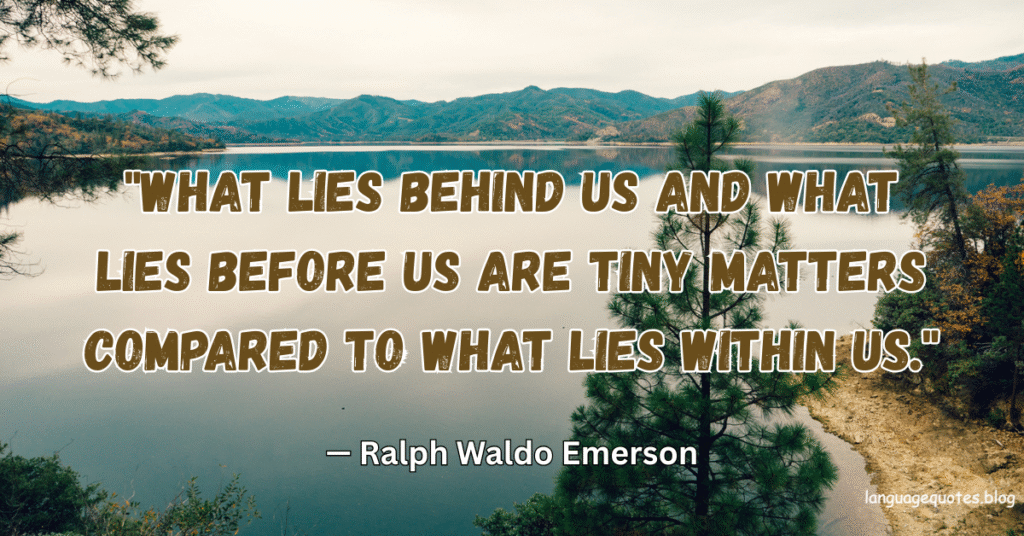
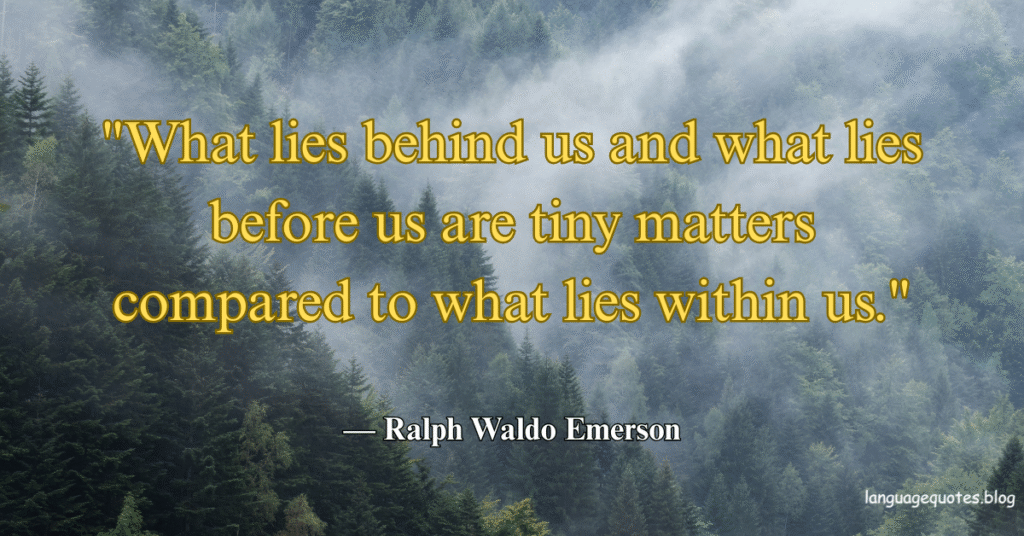
“What lies behind us and what lies before us are tiny matters compared to what lies within us.”
— Ralph Waldo Emerson
This timeless quote by Ralph Waldo Emerson, a central figure in the American transcendentalist movement, serves as a powerful reminder of the inner strength, potential, and wisdom we each possess. In a world where we are constantly pulled toward regrets of the past or anxieties about the future, Emerson redirects our focus inward, highlighting the significance of what resides within our hearts and minds.
The Power Within
Emerson’s message is deceptively simple yet profoundly empowering. “What lies behind us and what lies before us” refers to our past failures or achievements and the uncertain journey ahead. He asserts that neither holds as much value or weight as “what lies within us”—our resilience, character, beliefs, dreams, and inner truth. This declaration is not just poetic but philosophical. It invites us to look beyond external circumstances and recognize the wealth of strength and clarity we already hold.
The Strength of the Inner Self
At the core of this quote is the celebration of the inner self. Emerson emphasizes that what we carry inside—our ability to reflect, create, endure, and grow—shapes our destiny more than any external event. In a society often obsessed with outward success, reputation, and image, this quote brings us back to a more meaningful foundation: self-trust and introspection. Our values, principles, and personal mission are what truly matter.
When we constantly dwell on past mistakes or worry about future hurdles, we lose connection with the present and with ourselves. Emerson’s quote encourages us to realign with the spirit that lives within, the source of our courage, intelligence, and vision.
Letting Go of the Past
Many people carry the burden of their past—whether it’s regret, guilt, missed opportunities, or trauma. While reflection is useful, allowing the past to define us can be deeply limiting. Emerson offers a liberating truth: our past is only a “tiny matter” compared to the greatness we hold inside. No matter where we come from or what we’ve been through, our potential remains undiminished.
By embracing this mindset, we begin to forgive ourselves, release unnecessary guilt, and give ourselves the permission to start anew. Our identity is not carved in past events but shaped by what we choose to nurture within ourselves today.
Releasing Fear of the Future
On the flip side of regret lies fear—fear of what might come, what challenges may arise, or whether we are “ready.” Emerson challenges us to confront this fear with confidence in our own inner capacities. While planning and preparation are wise, becoming consumed by anxiety about the unknown drains our energy and distracts us from our present power.
The message here is simple: whatever the future holds, we are more than capable of facing it. Hope, determination, faith, and wisdom—these internal resources are greater than any external challenge.
Exploring Our Inner World
This quote is also an invitation to introspection. What exactly lies within us? Qualities such as empathy, perseverance, love, purpose, creativity, and inner peace. These are not given to us by the world; they are cultivated through mindfulness and effort. Instead of waiting for others to recognize our worth, we must seek it in ourselves.
Whether you are navigating personal struggles or aspiring to something greater, the journey begins by trusting yourself and aligning your life with your inner values. Emerson gently reminds us that we are more powerful than we often allow ourselves to believe.
A Call to Self-Reliance
Self-reliance is a recurring theme in Emerson’s work. This quote is no exception. It calls for independence not only in action but in thought. Society may try to define what success looks like or how one should live, but Emerson urges us to rely on our own wisdom. Your path is yours alone to walk, and only your inner compass can guide you authentically.
This independence doesn’t mean isolation—it means living truthfully and making decisions based on who you are, not who others expect you to be. It’s the key to a life of integrity and fulfillment.
Practical Application
Living this truth means establishing habits that nourish your inner self. Here are a few simple ways:
- Practice journaling to explore your inner thoughts and truths.
- Meditate or spend quiet time daily to connect with your inner calm.
- Set boundaries based on your needs rather than others’ expectations.
- Replace negative self-talk with empowering thoughts.
- Reflect regularly on your values and whether your actions align with them.
Over time, these habits strengthen your relationship with yourself, grounding your life in authenticity and inner peace.
Conclusion
“What lies behind us and what lies before us are tiny matters compared to what lies within us.” Emerson’s words are more than an inspiring quote—they are a philosophy for life. They teach us that no matter our past or the uncertainty ahead, we already carry everything we need to succeed and flourish. Strength, wisdom, and peace are not found in the outside world, but within.
So, the next time life feels overwhelming, pause. Look within. Because there, in the quiet strength of your spirit, lies all the power you need.

